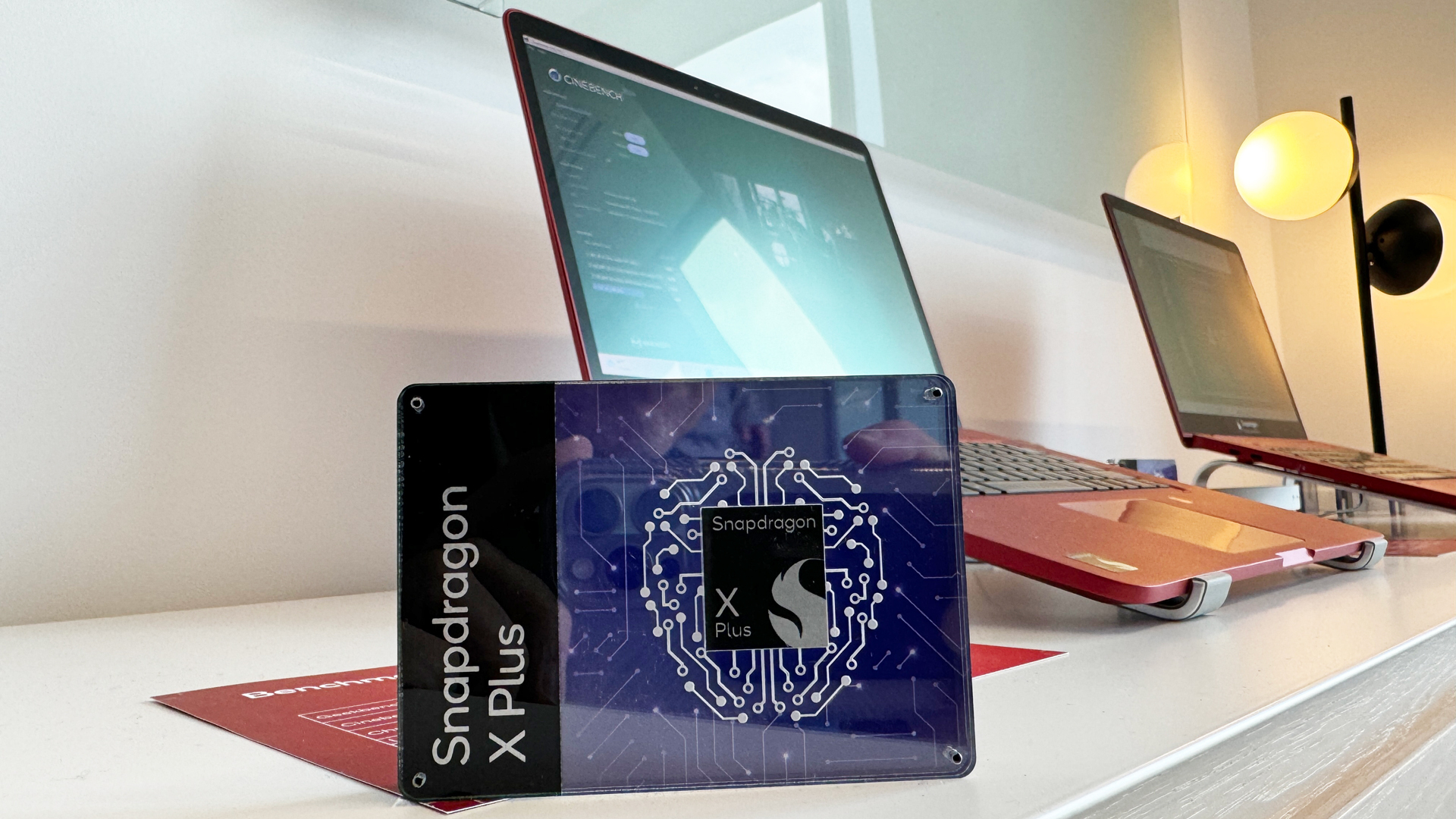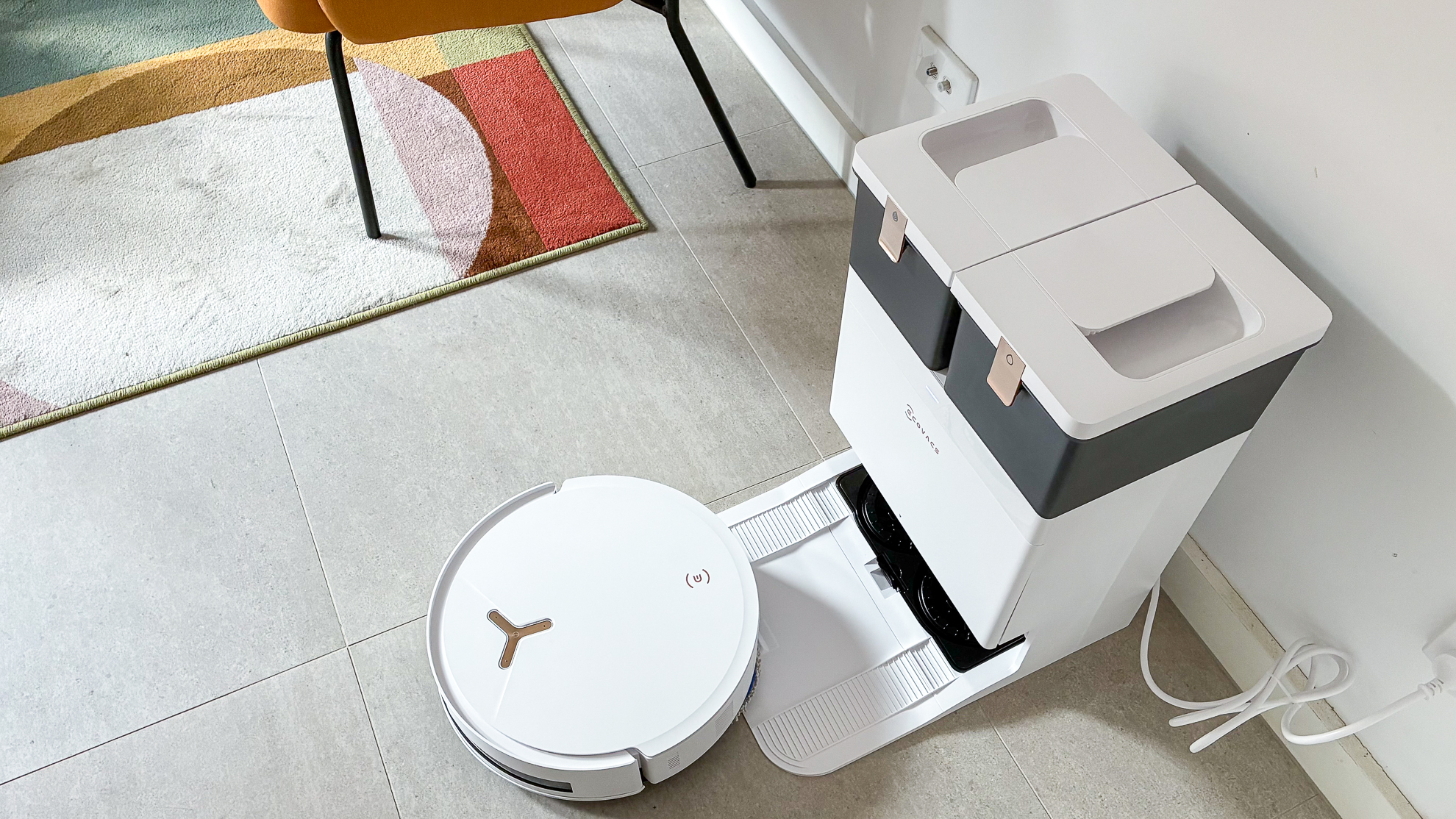Microsoft’s Copilot+ line of PCs are designed to run AI tasks super-fast, while also providing welcome features like all-day battery life, but what about gaming?
Okay, so they're AI laptops and not really designed for gaming, that's true, but what about playing some casual PC games on your laptop? While it's not unheard of for Microsoft to make questionable software design decisions, a new report got me thinking, claiming that the first wave of Copilot+ PCs (powered by Arm-based Snapdragon X chips) don't perform well for even the most casual gaming in some cases.
In fact, according to a report by The Wall Street Journal (pointed out by MacRumors), Snapdragon X-powered Copilot+ laptops might struggle to run a large number of PC games. In extensive testing, the WSJ found that out of 1,300 PC games, only half of them ran without any noticeable issues or crashes.
While issues with running PC games on Arm-based Copilot+ laptops have been well documented since these devices launched, the failure rate mentioned here is telling.
Compatibility challenges for Arm devices
The problem, as you may already know, is that Arm is a different architecture than the traditional x86 chips that PC games are written for. So, to run those games on an Arm device, Microsoft needs to employ a software layer to translate x86 games (and apps) to work using a system called Prism.
Prism works as an emulation layer, constantly converting instructions designed for Windows devices with x86 chips into instructions for devices with Arm chips. Apple has a similar tool for its Macs that you’ve probably heard of, called Rosetta (in fact, we’re now on Rosetta 2), which allows Macs with M-series (Arm-based) chips to run x86 applications.
The problem is that emulation inevitably introduces performance overheads, and the whole process can lead to compatibility issues in some cases, and apparently Prism isn't doing so well on this side of the equation, as the WSJ report makes clear. On Arm-based Copilot+ PCs, as mentioned, only about half of the games tested ran without nasty crashes and startup issues. Some popular games like Fortnite and League of Legends can't run at all on Arm-based devices right now (anti-cheat systems are a particular problem, as we've heard in the past).
It's clear that Microsoft needs to continue working on this aspect. I'm stating the obvious about apps and games, but being able to freely choose between existing versions is an important part of what makes a computing device usable for anyone.

Copilot+ PC expectations and future
For now, Microsoft has told users that if they want to play graphics-intensive games, a Copilot+ PC may not be for them. And to be fair to Microsoft, this isn’t one of the primary goals of a Copilot+ laptop, and was never intended to be; what’s slightly worrying is the severity of the problem, as outlined in this new WSJ report.
I’m hoping that Microsoft addresses these issues with games on Arm silicon and continues to improve its Prism emulation technology in the future, which to be fair, is still in its early stages (Rosetta is now at version 2, as noted). In the world of Copilot+ PCs, however, we’re going to start seeing laptops with x86 chips inside that won’t have these compatibility issues: laptops built with Intel’s Lunar Lake processors and AMD’s Ryzen AI 300 silicon. This is to say that this isn’t an issue with Copilot+ PCs themselves, but rather with Arm chips — at least for now.









